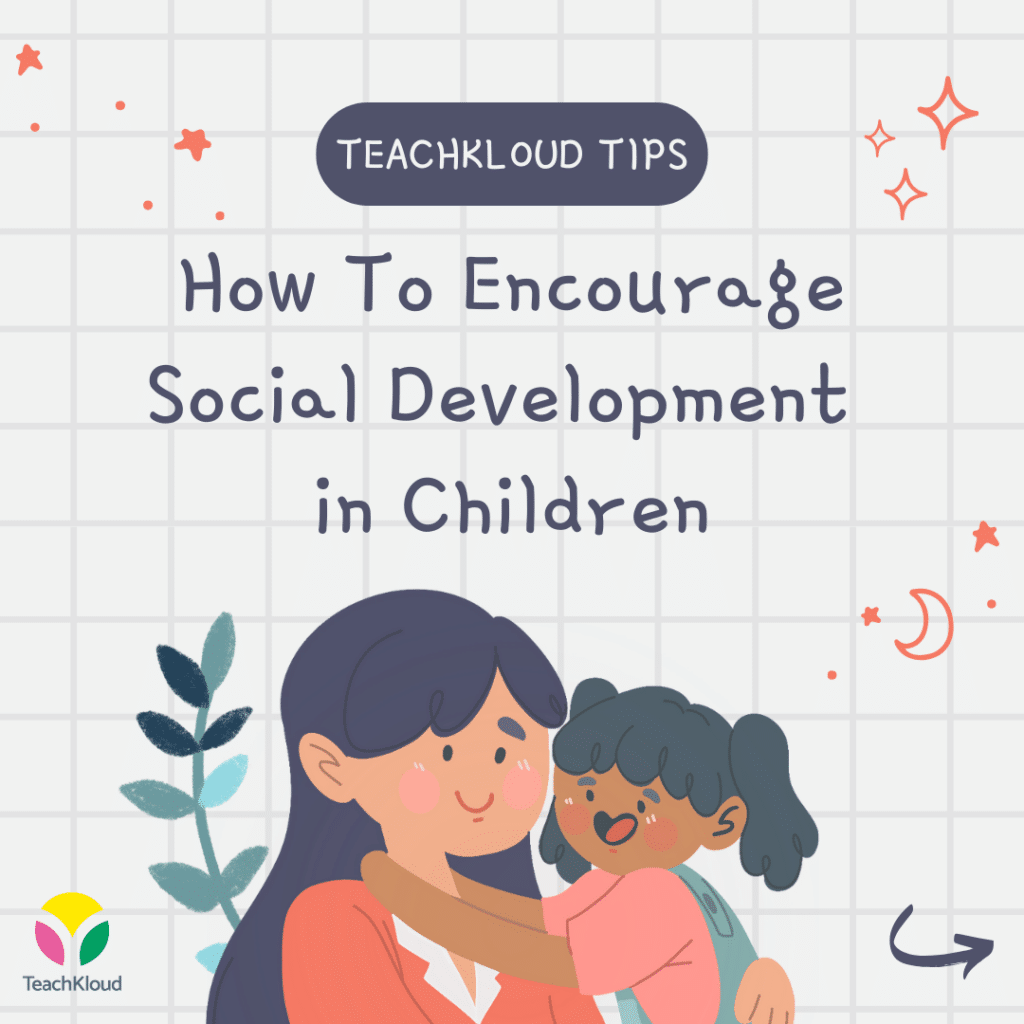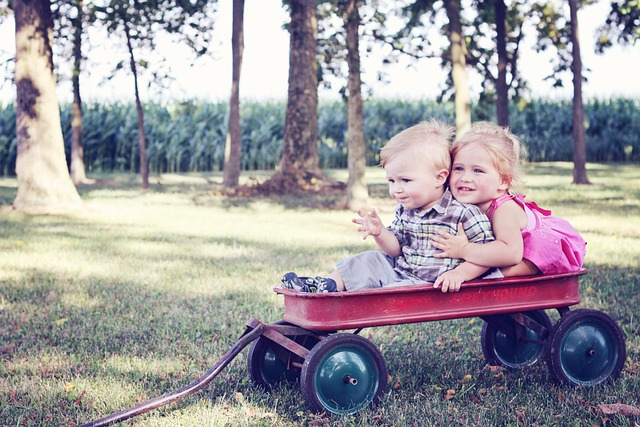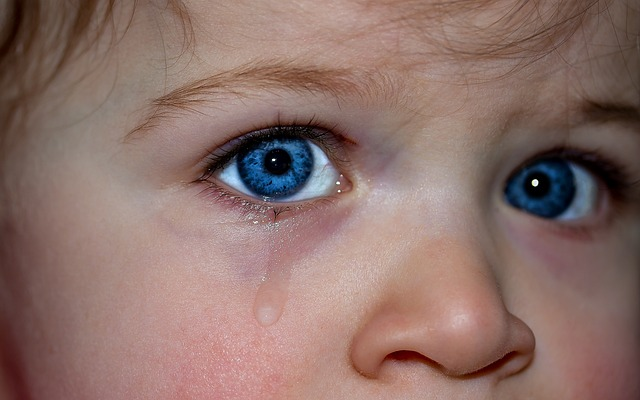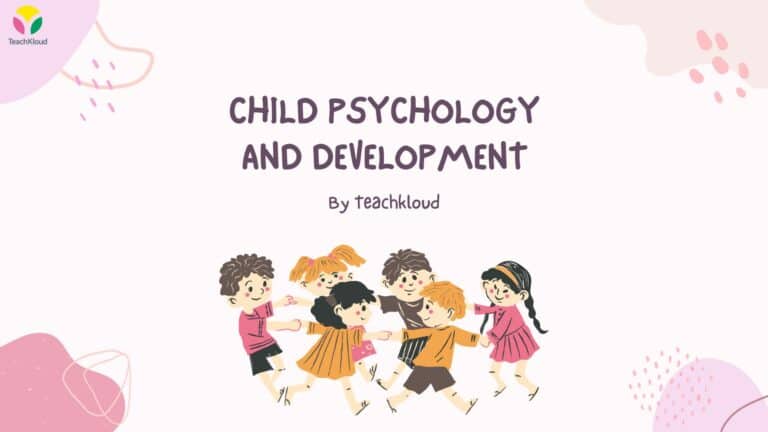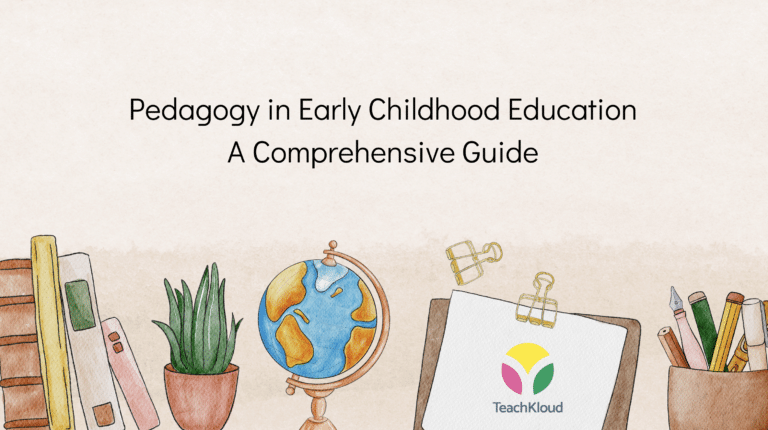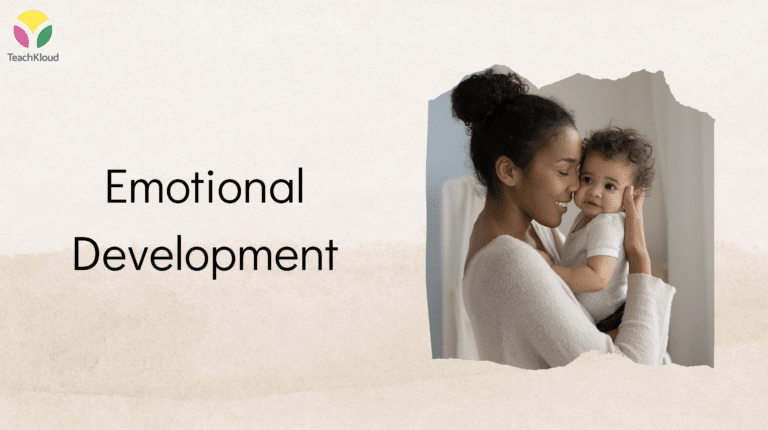The development of social skills during early childhood is vital to a child’s success in relationships, career and overall life satisfaction. Parents and caregivers have the power to nurture this area of growth, so that their children are able develop strong bonds with others, express themselves clearly and manage challenges presented by our ever-evolving social world. Understanding what contributes to successful “social development in early childhood”, as well as proven strategies for fostering it, will support your child or the children in your care on reaching their full potential.
Key Takeaways
- Social development in early childhood is essential for a child’s long-term success and emotional health.
- Family environment, a child’s temperament, play & group activities are key factors influencing social development.
- Parents can foster social skills by providing opportunities to express emotions & teaching perspective taking and active listening.
Understanding Social Development in Early Childhood
The early years of a child’s life are vitally important for their social development, which includes them learning and understanding emotions along with the formation of healthy relationships. With success often contingent upon having good social skills, it is unsurprising that experiences during this time can have an impactful effect on overall emotional health and well being in later stages in life. To grow cognitively and emotionally, youngsters must be able to construct meaningful positive connections as well cultivate abilities such as emotion control or dispute resolution strategies.
The Role of Social Skills
During the preschool years, children construct a social world that revolves around their developing set of skills such as communication, turn-taking and cooperation. An atmosphere with lots of love and affection is essential to aid in a child’s development socially, by providing them contact with other youngsters, which helps build relationships through communicating back and forth.
These abilities enable kids to gain better control when it comes managing conflicts along with being able to navigate throughout any sort of societal scenario. Giving opportunity for playful events like playing games or engaging in group activities assists tremendously towards helping create strong social interactions between kids which are crucial for mental healthiness while teaching fundamental interpersonal aptitudes (like empathy) simultaneously .
The Connection between Social and Emotional Development
Social and emotional development are intricately linked, with each having an influence on the other. Social growth describes a child’s capability to communicate and interact with others, while emotional advancement concentrates on managing one’s own feelings, as well as understanding how to read those of others. The strength of the bond between emotion-based capabilities and social conduct makes it important for parents or guardians to nurture both parts of their children’s growth.
Fostering such progression during early childhood sets up long lasting beneficial connections, efficient communication abilities and good mental resilience throughout life. This is why creating environments that support these skills for young ones, must be prioritised by adults who take care of them, in order to offer ample opportunities where they can practice this vital knowledge effectively .
Key Factors Influencing Social Development
Parental involvement in a child’s social growth is greatly impacted by the familial environment and an individual’s temperament. An enabling family surrounding gives a sense of security, whereas qualities such as shyness or bravery that may be linked to their natural disposition, can influence how they communicate with others and react to different events, all playing into their development process.
By acknowledging what makes each child special – both positive characteristics along with any perceived weaknesses- parents are able to provide guidance which contributes positively towards the expansion of said children’s social skillset .
Family Environment
Parents play a vital role in building strong relationships and social skills for their children. They can do this by providing a secure home environment, setting clear boundaries, expressing love and care towards the child as well as allowing them to express themselves openly. Such an atmosphere creates a solid foundation where the child is safe while exploring ideas around social interactions with others. By nurturing these traits from early on, children become better equipped to build healthy relationships outside of their family sphere later in life.
Child’s Temperament
Parents and caregivers can support their children in developing positive social connections by understanding each child’s distinct temperament. Valuing the uniqueness of individual characteristics encourages self-confidence and builds resilience, thereby, encouraging them to navigate various situations confidently. It is important for parents to accept their children as they are. This will enable healthier relationships and set an example that strengthens societal inclusion. Ultimately, it creates a supportive environment, where children can gain valuable skills (soico-emotional, cognitive, moral etc developmental skills).
Encouraging Social Interaction among Children
In order to help children cultivate essential social skills such as communication, cooperation and empathy, encouraging them to engage in play and group activities is a must. As they take part in these different settings, with other individuals their age, children can learn how to handle diverse social situations, while also expressing themselves emotionally and being aware of the feelings of those around them.
Encouraging this type of learning promotes healthy development when it comes down to overall social growth. Making an effort on fostering positive interactions would work even more towards benefitting child’s development holistically. If you are an educator, take a look at our free-ebook for childcare professionals on using circle time in childcare settings here.
Importance of Play
Play can have a significant influence on children’s social development, granting them the chance to hone their skills related to cooperation and relationships. It is of utmost importance for parents and guardians provide children with enough possibilities both at home or in early learning environments that support play-based activities, so they practice how pay attention, come up agreement, take turns/share resources and learn more about managing interpersonal situations. Furthermore, play also allows children express emotions while cultivating empathy. Consequently boosting overall wellbeing through these advantages mentioned above.
Group Activities and Games
Group activities and games are a great way to help children learn valuable social abilities like collaboration, communication, problem-solving skills and teamwork. Children have the chance to practice their social capabilities in an encouraging setting by participating in different group games. Board games, cooperative projects or role-playing can give kids more insight into developing their proficiency, with other people which they will need when it comes time for them interact with society at large. Parents and educators should offer opportunities that enable children build on these competencies thus making progress towards constructing sound relationships within the world around them furthering development of essential life skills .
Nurturing Empathy and Understanding in Children
Nurturing children with empathy and understanding can help them improve their social skills, relationships, and overall wellbeing. Teaching perspective-taking along with ‘modeling’ empathetic behaviour may equip them to become more compassionate individuals who contribute positively to society. This in turn creates a kinder atmosphere where acceptance is encouraged instead of rejected
Modeling Empathetic Behaviour
Parents and educators can show children how to be more understanding and compassionate towards others, teaching them the importance of empathy. This modeling behaviour demonstrates attentiveness when listening without judgment and responding politely, which will result in children having improved social skills such as better communication, problem-solving abilities, along with deeper connections between adults and peers. Learn more about supporting children with big emotions empathetically in our free webinar here. By inspiring their offspring to develop an increased capacity for sympathy they too may enjoy enriched relationships throughout life.
Teaching Perspective-Taking
Parents and educators can help children understand how others feel and think by teaching them perspective-taking skills. Activities such as role playing, storytelling, and problem solving are beneficial for developing the capacity to take on other perspectives. Parents and educators should encourage dialogue with children about potential emotions in various situations. Showing empathy is also a key factor when displaying behaviour related to seeing through another’s eyes.
By instilling an understanding of feelings and views from different angles, parents assist children in forming better social interactions which lead to strong relationships down the line.
Enhancing Communication Skills
Fostering communication and language skills, like attentive listening and body language, can help enhance a child’s social skills, as well as enable them to have healthy associations. It is imperative for guardians and carers of children, to promote these capabilities, in order for successful interpersonal connections, which form the foundation for development.
Active Listening
Parents have an important role in helping their children develop vital social skills and forge successful relationships. Active listening is a valuable tool that can be used to accomplish this— parents should give the child undivided attention, remain patient and impartial, as well as ask open-ended questions so they understand their child’s thought process better. This kind of interaction will demonstrate empathy while teaching them how best to interact with others when navigating society’s complex social world.
Non-verbal Communication
As parents and educators, we can assist our children in becoming better communicators by helping them acquire the necessary active listening and nonverbal communication abilities. Providing different contexts for children to practice their skills and demonstrating good use of facial expressions and body language are both integral components, when it comes to social interactions amongst people. Thus, making understanding these cues paramount for young ones, so they may be capable of creating lasting bonds. By aiding the development process with regards to this style of communicating, a child’s overall level of social competence increases significantly, improving how well he or she is able to form relationships long-term.
Problem Solving and Conflict Resolution
For children to be successful in social situations and build healthy relationships, teaching them skills for problem-solving and conflict resolution is key. With these abilities they can appropriately manage emotions, follow the rules,and engage positively with others.
Guiding Children through Conflict
Parents can support their children in overcoming conflict by helping them to understand the issue, vocalize their feelings and come up with a solution that works for everyone. This video has vital steps in doing this!
The Role of Early Childhood Education in Social Development
Early childhood education is essential for the development of social skills in children, providing them with tools and guidance to interact effectively with other individuals, such as educators. This prepares young minds to face challenges in an assertive manner, while promoting healthy relationships and well-being! A quality early childhood programme has beneficial long-term results when it comes to early development among kids.
School Readiness
The ability to transition smoothly into a school atmosphere and gain the necessary tools for success in class, is known as “school readiness”. For children to have successful experiences inside and out of the classroom, they must possess social skills, manage their emotions efficiently, and be able to communicate effectively – all important factors that early childhood education can help cultivate. Early childhood learning prepares young children for future school and life experiences, by aiding them with these key developmental abilities.
Collaborating with Education Professionals
When parents and education professionals work together with the child’s holistic development at the centre, this bring crucial insights into how to best aid a child’s social development in the home. Early childhood educators are able to support parents while also establishing an environment that is secure, encouraging, and provides learning opportunities for children of all ages. Two-way communication using apps such as TeachKloud can support parents and educators in this endeavour. Sharing what the child did in school and at home can help everyone understand the child’s likes, personality and strengths. If you are a childcare professional, learn how TeachKloud can help with parental communication here.
By teaming up with specialists in early childhood education, parents can be confident their children receive everything they need for optimum growth on multiple levels. Educators have experience offering advice about nurturing each individual’s unique development needs. Something which no parent should overlook or neglect when it comes raising vibrant young minds!
Activities to Foster Social Development
Imaginative play, storytelling and group games can provide children with an opportunity to practice social skills, while developing relationships necessary for their success in the social world. These activities not only help promote a sense of belonging among peers, but also foster social development which allows them to develop lasting friendships, that will carry on throughout life. By participating in these type of experiences, children build strong communication abilities and are better equipped handle various situations they may face within a socially dynamic environment.
Supporting Emotional Growth alongside Social Development
In order to nurture the development of both social and emotional skills, parents and educators need to assist their children in building a foundation for success. This can be achieved by encouraging expressions of emotion, while also helping them learn how to handle difficult situations better. Doing this not only helps improve child’s well-being but also provides them with the necessary tools needed to navigate through challenging social scenarios more efficiently. Learn more about using mindfulness in learning envrionment to support children’s emotional development here. Emotional growth is just as important as developing good relationships or even traditional academic learning – in fact, it may be more important. It should always go hand in hand during childhood years and beyond.
Emotional Expression
Helping children comprehend and manage their emotions can have a tremendous impact on their social development and relationships. Parents and educators play an important role in developing emotional self-awareness, resilience, as well as fostering safe spaces for emotion expression within the family unit. By providing such support to their child’s emotive growth, parents are giving them tools which will benefit them throughout life’s journey ahead of them.
Coping Skills
Parents can foster a lifetime of emotional well-being for their children by providing them with effective coping skills and guiding them through the social world. Learn more on this here. Such strategies may include teaching problem solving activities, facilitating role play, helping kids express feelings accurately and thus, promote resilience in challenging emotions like frustration or stress. These tactics will result in improved social interactions as well.
Summary
Investing in a child’s social development during the early years is essential for their long-term well-being and success. By understanding which factors impact this process, encouraging social interaction, teaching communication skills as well as problem solving and conflict resolution strategies, and collaborating with parents/caregivers, educators (all of whom have an important role to play) will help children build strong relationships & acquire necessary tools needed to navigate through the complexities of the social world. These efforts made during these formative stages are beneficial both now & far into adulthood. Fostering not just happiness but overall emotional health too!
